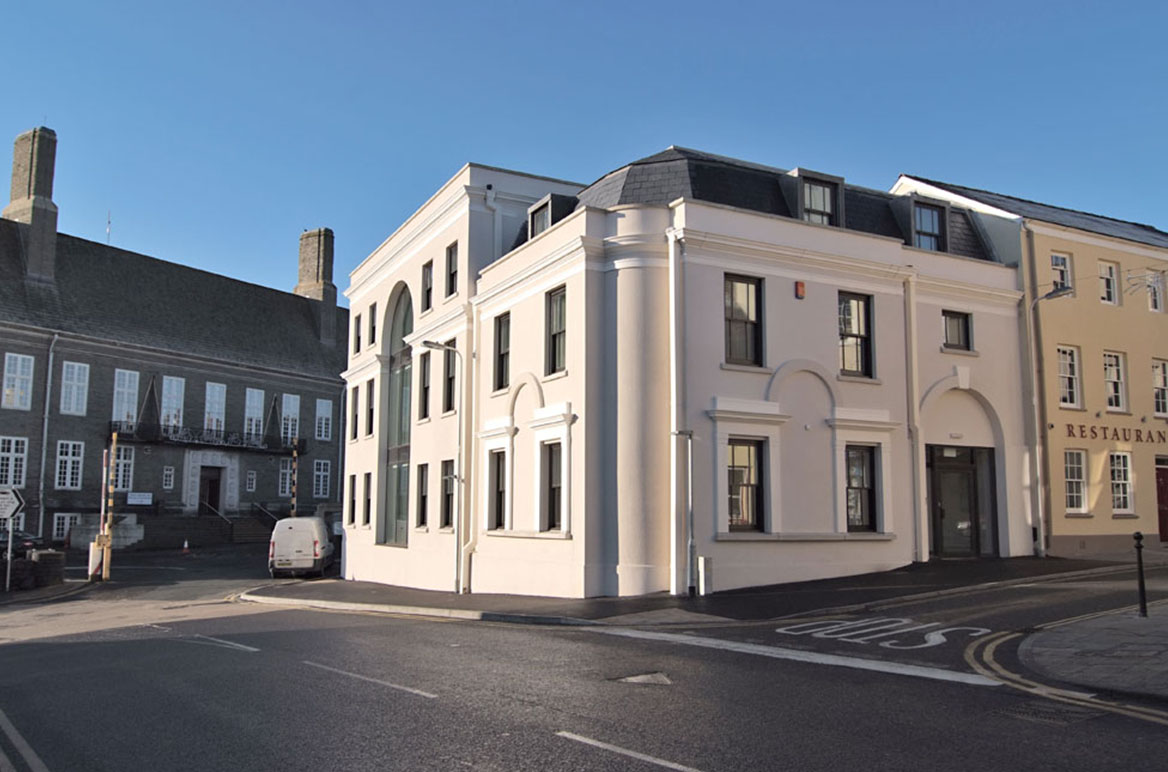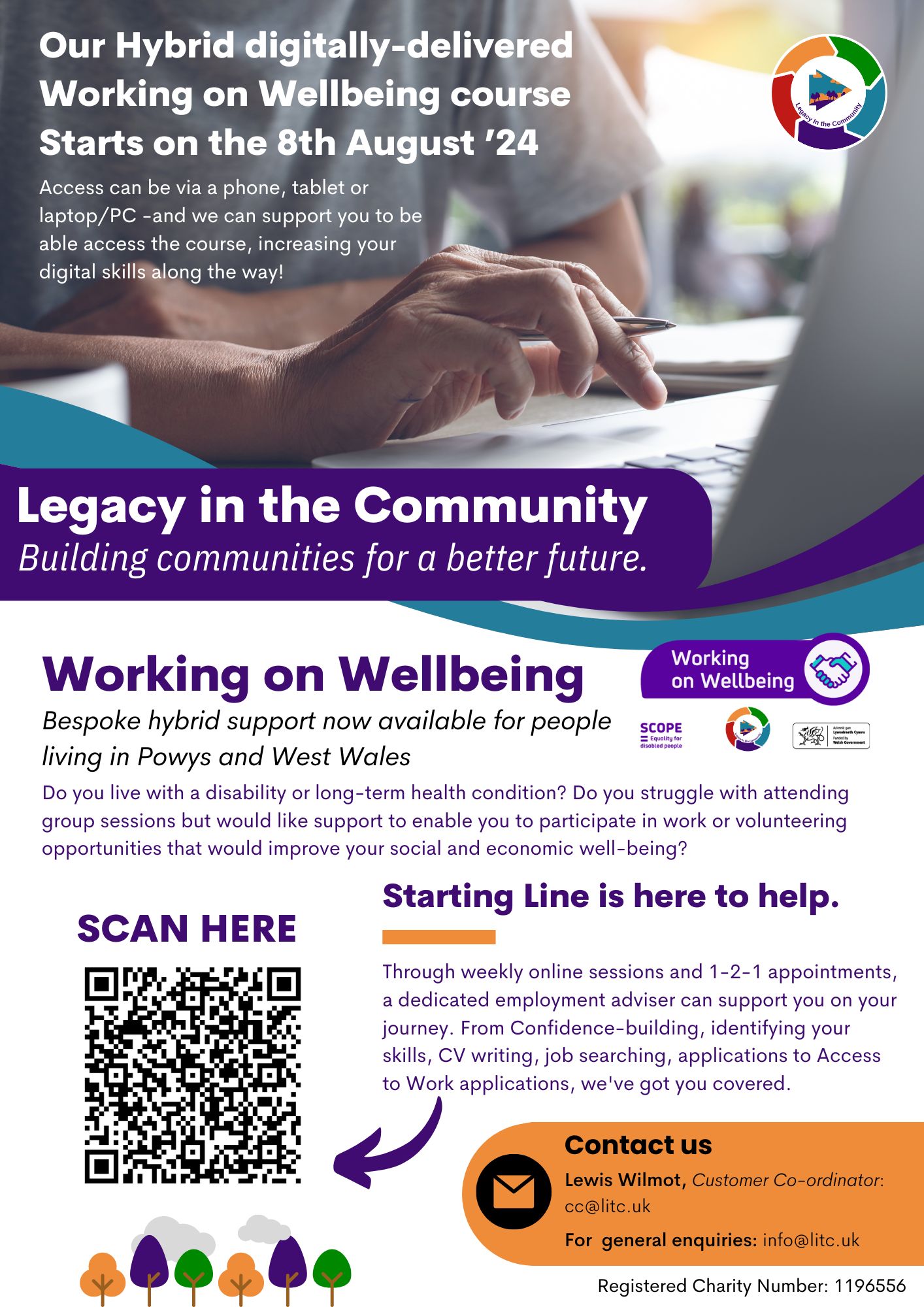UK politics has a huge accessibility problem

The 16m disabled people in the UK deserve better, but this government has made any improvements less likely.
If disabled people were represented in politics according to their proportion of the UK population, there would be about 136 disabled MPs. There were, in fact, just five in 2021. Or, at least, only five who publicly identified as disabled. Even assuming there were a few more disabled MPs who hadn’t declared themselves as such, it is an extremely poor showing.
The disproportionately low figures (disabled people make up about 21% of the population) are hardly a surprise. Getting elected is a notoriously inaccessible process, as emphasised by the decision of parliament’s newest disabled MP, Craig Mackinlay, to stand down at the election. Mackinlay lost his hands and feet to sepsis last year, and cited in his resignation the difficulty of sustaining 70- to 80-hour working weeks while continuing his rehabilitation.
Access barriers to campaigning are various and entrenched, and often mean disabled people struggle to get selected as a candidate, let alone voted into parliament.
Election campaigns are frenetic, requiring candidates to pound miles of pavements in a bid to speak to as many constituents as possible. For those whose patch spans a large area, inaccessible transport may pose a particular issue, leaving them reliant on either expensive taxis or even the help of friends and family. In previous elections, blind and deaf candidates have complained of inaccessible communication, both from government and their campaign headquarters, and of being unable to participate in hustings events because their communication needs are not met. Disabled candidates are forced to spend campaign funds trying to alleviate these barriers, by hiring support staff, such as British Sign Language interpreters, or paying for screen-reading software, putting them at a further disadvantage.
Then there is the highest hurdle of them all: ableism. Disabled candidates at all levels of politics report overt and implicit discrimination from their parties, other politicians and the public. There is a general assumption that they won’t be up to the job, that they won’t be able to do the long hours or handle the hard work of running for elected office. Some disabled people may well find the hours difficult, as would parents of young kids or people with caring responsibilities. But that’s not because disabled people – or parents or carers, for that matter – are worse at their jobs. The assumption that disabled people are more affected by this than anyone else is not only ableist, it is probably why we haven’t changed how parliament works to make it more accessible for everyone.
This prevents disabled people from throwing their hat in the ring in the first place, meaning we don’t even really know the scale of the problem. And even when candidates are willing to face these physical barriers and hostile attitudes for the duration of a campaign, they may well be discouraged by the knowledge that even if they win, enormous barriers will make an already hard job even tougher. Parliament itself is – culturally, organisationally and physically – deeply inaccessible. Problems range from the House’s unsociable hours (difficult for anyone who needs care to manage) to a who-can-shout-the-loudest culture that disadvantages chronically ill or neurodivergent people.
All of this matters. Representation of marginalised identities in our politics isn’t just nice to have, but of critical importance. For disabled people, the last 14 years have unfortunately proved this over and over again, as the Tories have dismantled the welfare safety net, gutted social care, demonised us at every opportunity, and, of course, sacrificed tens of thousands of disabled lives with their ideological response to Covid. Perhaps sharing the green benches with some more disabled people would have given Boris Johnson and his merry men pause before announcing Covid measures that failed to protect the most vulnerable. Or maybe Labour would have had more empathy and would have opposed the government’s anti-disabled measures with more urgency.
The 16 million disabled people in the UK deserve better, and they deserve to be fairly represented. But this government has gone out of its way to make that even less likely. In 2020, it quietly scrapped the Enable fund (formally the Access to Elected Office fund) in England, the only existing attempt to level the playing field for disabled political candidates. The fund obviously couldn’t do much about endemic ableism, but it did go some way in covering all those extra costs that disabled candidates face. The government’s Disability Action Plan found the fund had paid for personal assistants, transport costs, and for help distributing campaign information. Labour’s Marsha de Cordova, one of those five MPs who declared their disability, told Politico last year that, without the fund, she doubted she would have ever got her start in local electoral politics. Having made the leap to the national arena, she said that parliament simply isn’t designed for disabled people, with its narrow doorways, tight walkways, steps without ramps, and uneven flooring.
Given the pandemic, it is perhaps unsurprising that the scrapping of the fund didn’t garner much attention at the time. But with a general election campaign now in full swing, we should be asking why it is still so hard for disabled people to run for office – and what the next government is going to do about it. We desperately need more disabled people in our politics; let’s actually help them get there.
- Lucy Webster is a political journalist and the author of The View from Down Here: Life As a Young Disabled Woman


